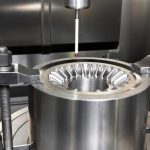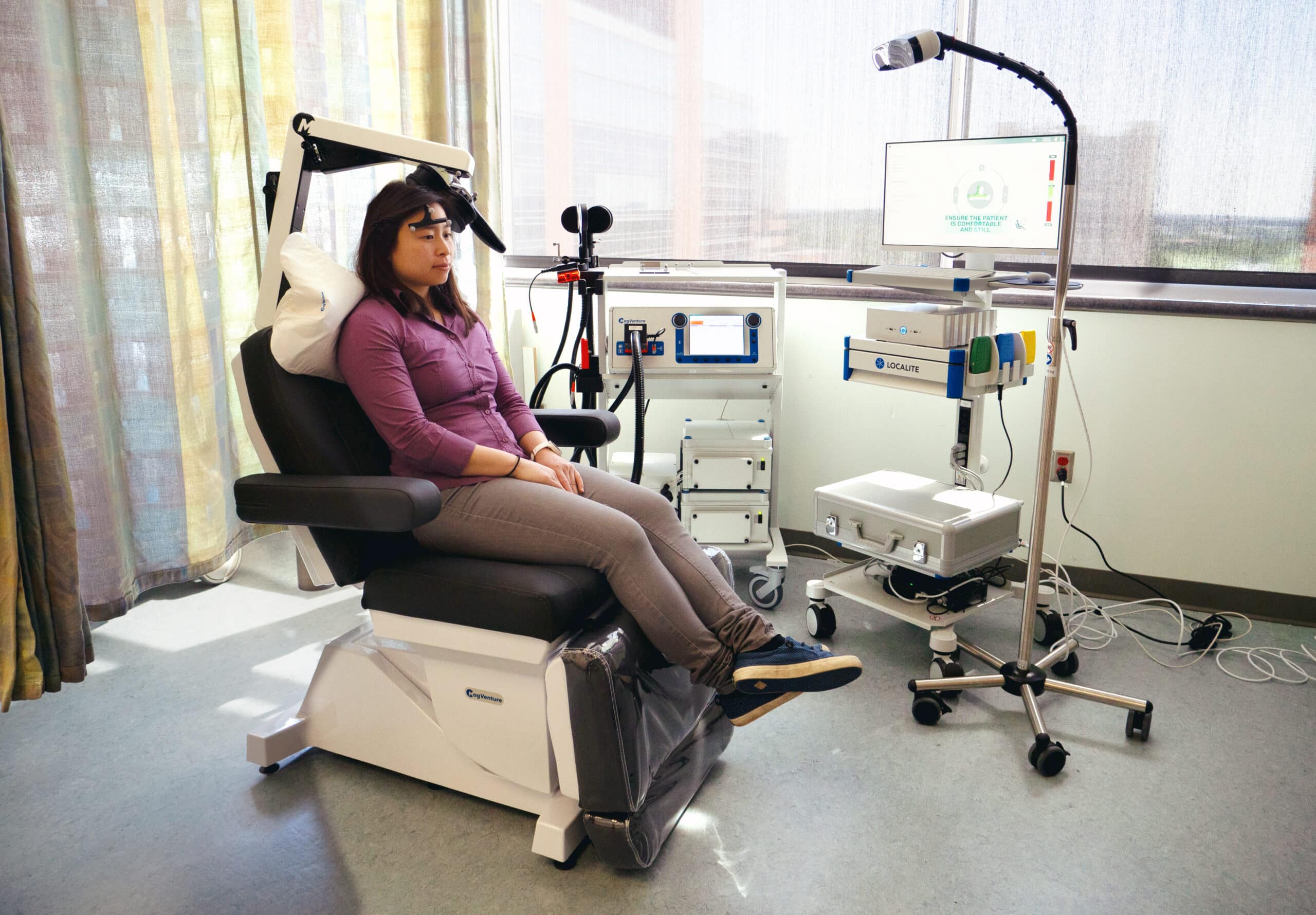A sea change has occurred in Tacoma’s mental health intervention landscape with the introduction of Transcranial Magnetic Stimulation (TMS) therapy. Scientifically validated alternatives to prior pharmaceutical treatments, which often failed, particularly for disease-resistant patients, are now accessible through neuromodulation therapy. These developments serve an essential need: it is estimated that 30–40% of depressed patients may not achieve significant treatment from traditional antidepressants on their own. By delivering non-invasive, FDA-approved therapies that target the brain circuitry involved in mood regulation without creating systemic side effects, TMS facilities in Tacoma and neighboring University Place are the greatest examples of this paradigm shift.
A Holistic Approach: Integrating Mind, Body, and Technology
Unique to modern TMS clinics in Tacoma and University Place is its all-encompassing approach to patient treatment, which involves not only cutting-edge neuromodulation but also pharmacological management, psychotherapy, and lifestyle counseling. This comprehensive approach emphasizes the complicated and multi-faceted nature of mourning. At the depression clinic at University Place, specialists like AyubMwaura, PMHNP-BC, who has been developing specialized protocols for challenging patients with conditions like obsessive-compulsive disorder (OCD) and depression in later life for the past fifteen years, ensure a seamless integration of transcranial magnetic stimulation (TMS) with psychiatric supervision. In a similar spirit, depression clinic in TMS clinic in University Place. combine TMS with wider interventional psychiatry frameworks, continuously exploring for ways that neuromodulation, ketamine treatments, and evidence-based psychotherapies may act together.
Tapping Deeper: The Power of Deep TMS Technology
One of the most exciting innovations in Tacoma’s TMS landscape is the adoption of Deep TMS™ technology, which utilizes patented H-Coil systems. These helmets create electromagnetic fields that, in contrast to traditional figure-8 coils, may reach deeper areas in the dorsolateral prefrontal cortex and anterior cingulate cortex by penetrating brain tissue up to 4 cm. This discovery has wider therapeutic implications for disorders including OCD and anxious depression and enhances effectiveness for depressive episodes that are resistant to medication. The University Place TMS clinic promotes BrainsWay’s Deep TMS systems, highlighting their FDA clearance for major depressive disorder and obsessive-compulsive disorder, as well as the fact that patients who have had significant improvement after failing many pharmacological trials have experienced even greater outcomes.
Breaking Down Barriers: Making TMS Accessible for All
The expansion of TMS in Tacoma is dependent on accessibility, in terms of both location and financial resources. From JBLM to Gig Harbor, clinics are ideally situated near to major transit hubs, including the Tacoma Mall hub, which is connected to local bus lines. This makes it uncomplicated to service more than 16 Pierce County communities. Equally important, insurance integration has been pivotal in expanding treatment access. Most University Place and Tacoma TMS clinics are in-network with major insurance carriers, including Kaiser, Medicare, Blue Cross, and UnitedHealthcare. In addition, clinics employ dedicated insurance specialists who assist with prior authorizations, and for those cases that remain unapproved, financial assistance programs are available to reduce out-of-pocket costs.
Transforming Lives: Patient Stories of Hope and Healing
The human impact of Tacoma’s TMS revolution is felt through the inspiring stories of patients who have found relief after years of unsuccessful medication trials. One University Place patient shared, “After years of trying different meds, TMS gave me real relief.” With 20-minute outpatient treatments that don’t require anesthesia or a recovery time, the patient-centered approach puts comfort and convenience first. From sensory-reduced treatment rooms to continuous physician monitoring, clinics are purposely constructed to provide a welcoming, nonjudgmental environment, countering the isolation that persons with treatment-resistant depression typically encounter. These optimistic anecdotes are further confirmed by quantitative statistics, which demonstrate that after four to six weeks of daily sessions, medication-resistant groups had response rates of over 60%.
The Future of Mental Health: Research, Growth, and Innovation
Through research and service diversity, Tacoma’s interventional psychiatry landscape is continually evolving. Prominent clinics are participating in statewide research projects aiming at shortening TMS treatments, such as researching theta-burst stimulation sequences that may cut treatment duration by as much as 75%. Simultaneously, these institutes are combining TMS with new drugs like Spravato (esketamine) to construct regimens that enhance neuroplasticity. These developments highlight the rising popularity of neuroscience-informed mental healthcare in the Pacific Northwest, as demonstrated by the recent founding of Mindful Health Solutions as a regional TMS clinic in Tacomaand the growth of clinician networks by University Place clinics.
Tacoma’s TMS clinics are at the vanguard of current psychiatric treatment in this junction of technical innovation, integrative care, and community-centered delivery, bringing fresh hope and therapeutic chances for individuals who were previously considered to be incurable.











